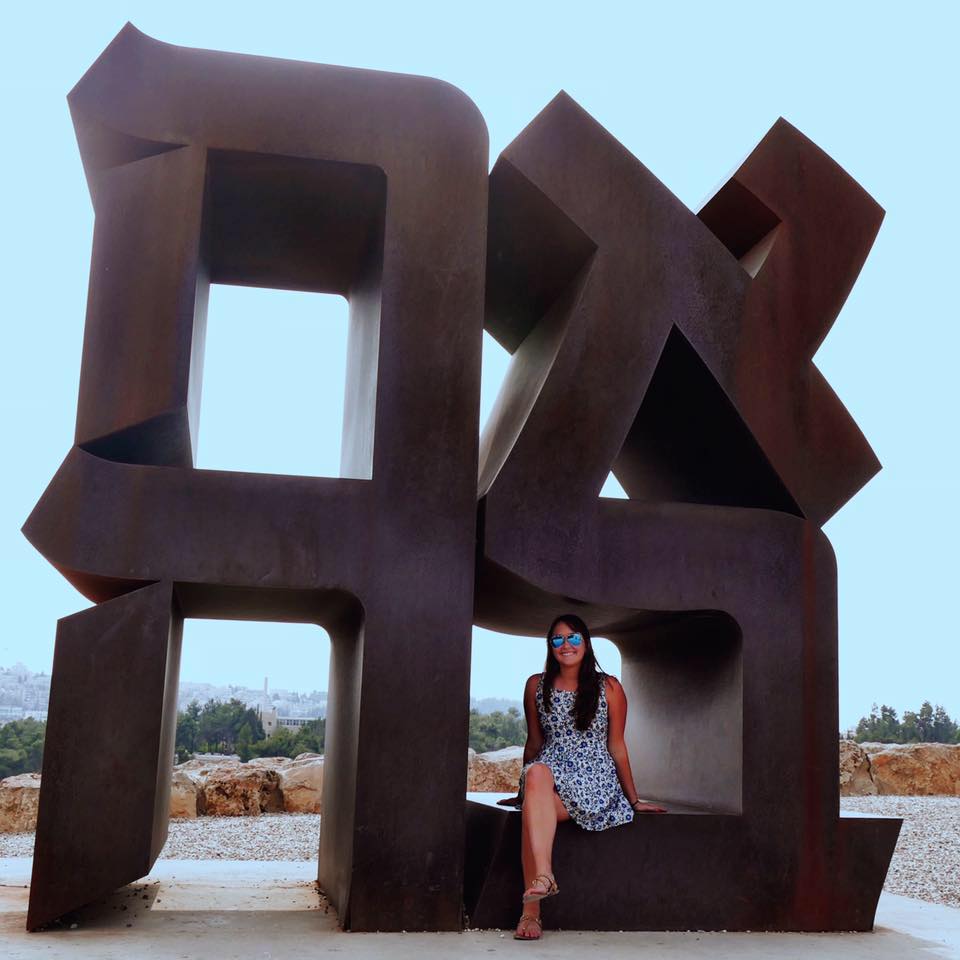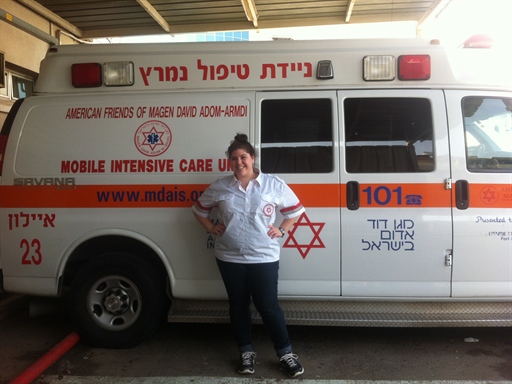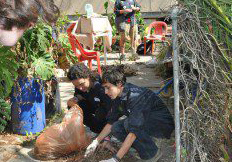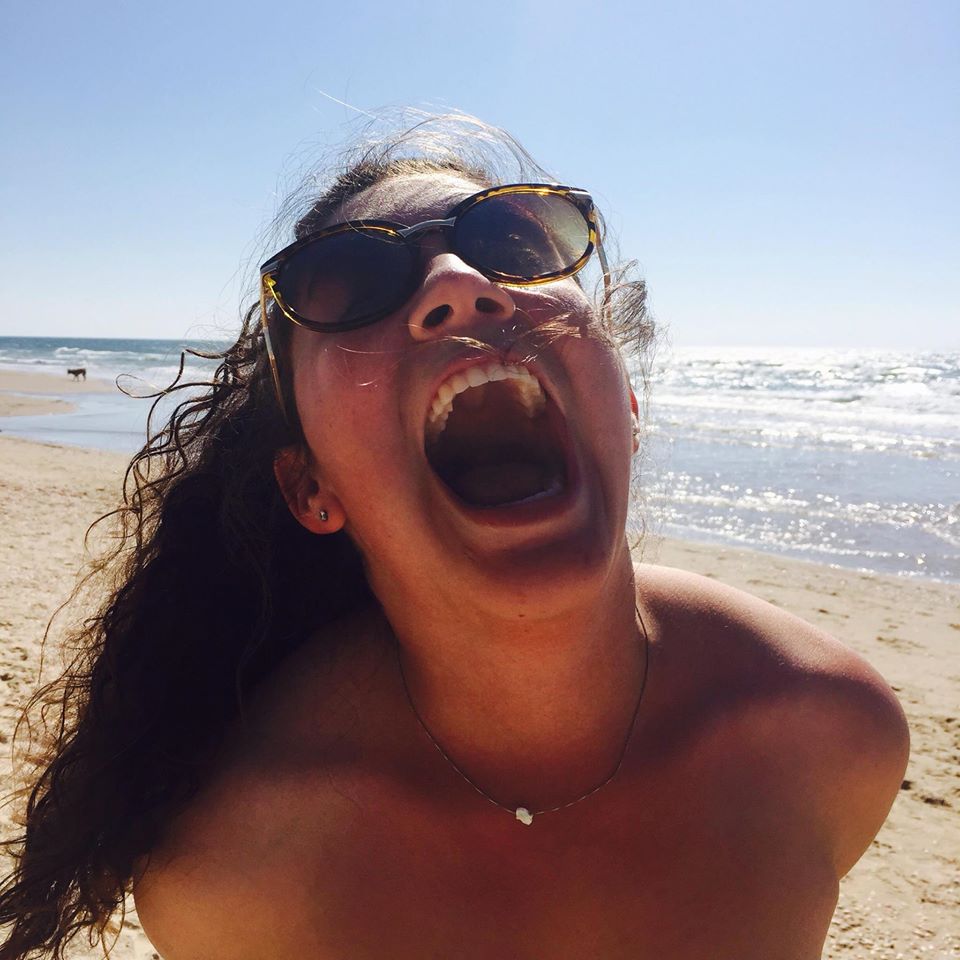
In 2014, 21 million students in the United States went to college. We chose Year Course. While our friends lived in dorms across the country, we lived in Israel. While they learned from textbooks and course packets, we learned from lived experience, we learned more than we could have ever imagined. Some of us chose Year Course because a parent or a sibling did it, some of us chose it because of our Jewish summer camp and movement or our Zionism, some of us chose it to find ourselves. Yet we all chose Year Course and for all of us, it’s made a difference.
Over these past nine months, I’ve learned lessons that will be carried with me for the rest of my life. I’ve made memories that will be treasured forever, and I’ve made friends who have become family. While each of us has had different experiences this year, we’ve all shared the same, life-changing program together. Of all the valuable lessons I’ve learned, here are the nine that stand out to me most:
Live everyday like it’s the last day of Year Course. How can nine months have gone by so quickly? It feels like just yesterday we were getting off the plane, eager for the year to begin. Hopefully, all of us were able to experience everything Israel has to offer and have no regrets. For me, Year Course was all about spontaneous adventure. Even when I was stranded and stuck in the rain, lost in a city or forced into awkward situations with friends, I was able to create fun and make the most of each day. Year Course taught me that. While exploring Israel was one of my favorite parts, sometimes having a lazy day is needed, meaning lots of Netflix. This also taught me that although you can watch Netflix in Israel, you shouldn’t, especially when you have so much to do at your fingertips.
Always bring toilet paper, especially on hikes.
20 Shekels can buy more than you think. Budgeting this year may have been the hardest part for me. Buying groceries with 13 other girls is not an easy task, but it really taught me how to manage money. Picking and choosing what to buy each month was challenging and taught me how to make choices and compromises. What was more important: going clubbing and buying alcohol or going out to dinner with friends and traveling?
Both sections can hang, and should hang together. There was some competition between the two sections of who had more fun, who was a more unified group, who could live down, or live up to the section reputation. Well, in my opinion, both sections can have fun and could have had even more fun together. Those times that the sections were intermingled it was always a ton of fun. Whether Young Judaea planned it or we were doing our own shenanigans, it was always a great time.
Friends are family. Without my group of girls, Year Course would have been extremely different. The friendships made were just as important to me as the trips we took, the classes we sat in and the seminars attended. Zionism class wasn’t the activity that got me to leave my apartment to go out and explore and volunteering wasn’t the activity that helped me solve day to day problems. For that, I am forever grateful for my tight group of friends. Last month, my mom attended her 38th year course reunion in Texas and flew from Florida with her two best friends. I can’t imagine where we will all be then, but I hope to be doing exactly what she did for my 38th year course reunion.
If you have no underwear, do laundry.
Use it or lose it.
Yes. In 9 months you will speak fluently.
Shalom
HaKol beseder
Slicha
Efshar heschbon bevakasha?
Toda
Or not. However, if you practice every day with native speakers, learning a foreign language could be a lot easier.
Don’t take Israel for granted. You can travel, try new foods, meet new people, go on spontaneous adventures – the possibilities are endless. This year, Israel has given me so much: a new language, friends, opportunities and it is so crazy to say that tomorrow I will be leaving my home for the past 9 months. But it doesn’t mean goodbye. I got the chance to do and see a lot, but Israel has so much more to offer and I am so excited to come back and visit again.
The IDF. College. Internships. In a few hours/a day, all of us are going to be headed in different directions. In a day/a few days, most of us will be back home, reconnecting with friends and family. In a few days, we will all be preparing for the next adventure in our life. In a few days, we will be back in the “real world.” I have no clue what going back into the “real world” is going to be like, but Year Course, and living in Israel, have fully prepared us to take on multiple tasks at once, to know that work and school are just as important as having a good time and traveling, that volunteering and giving back to the community should be a way of life and that being true to yourself is the only way to be.
Wherever life takes us all next, we need to remember our lessons learned here and remember that we all can make a difference. We chose not to be one of those 21 million students for a reason.
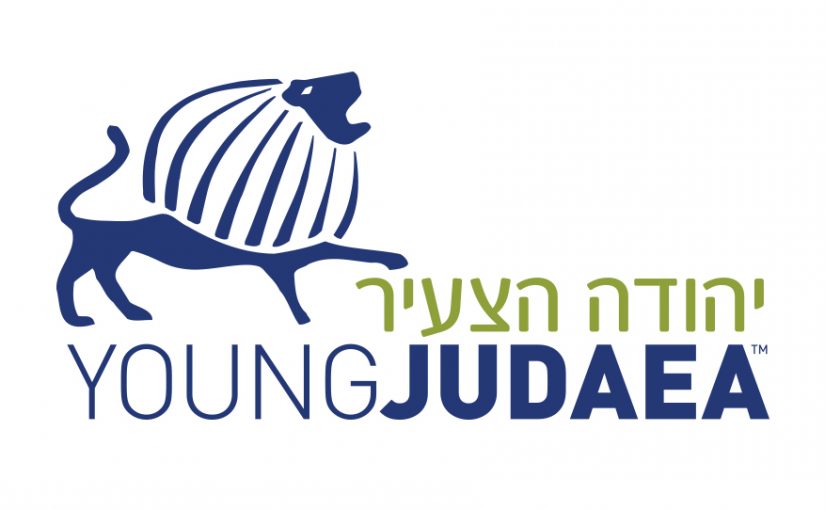
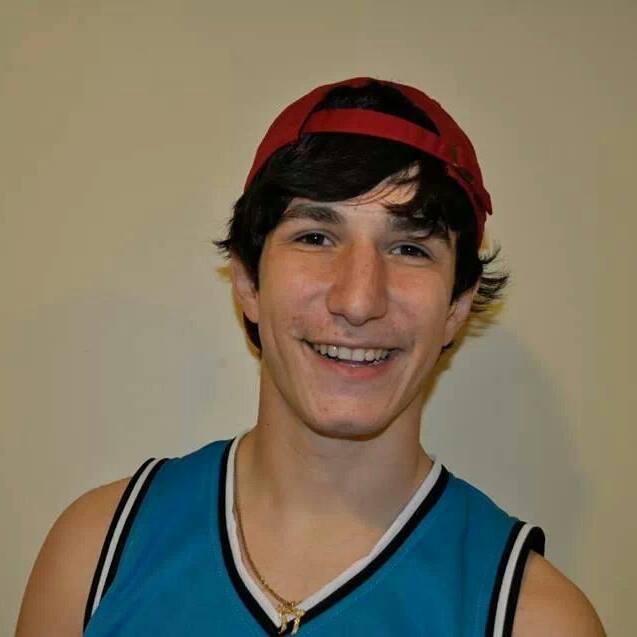 There’s this theory in quantum physics that our universe is just a small fraction of the entire cosmic picture; That the dimension we live in is just one of an infinite number of narratives that trace their way through the sands of time, each slightly different than the rest.
There’s this theory in quantum physics that our universe is just a small fraction of the entire cosmic picture; That the dimension we live in is just one of an infinite number of narratives that trace their way through the sands of time, each slightly different than the rest.